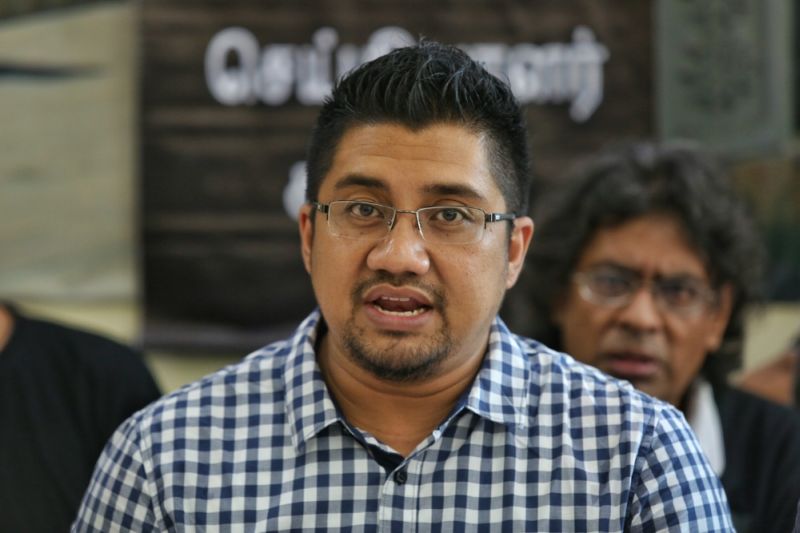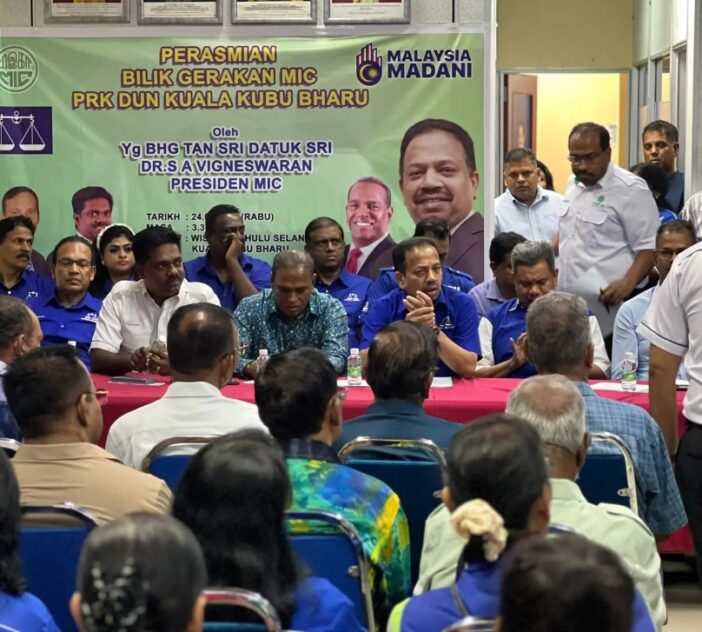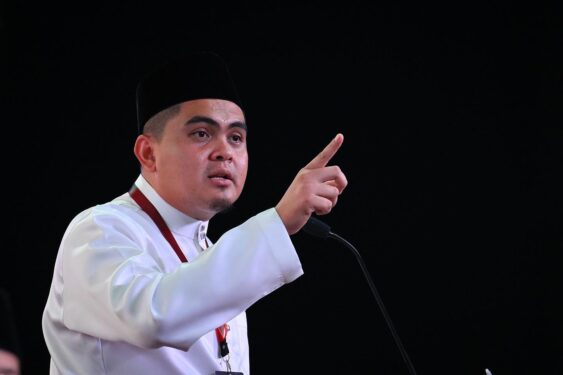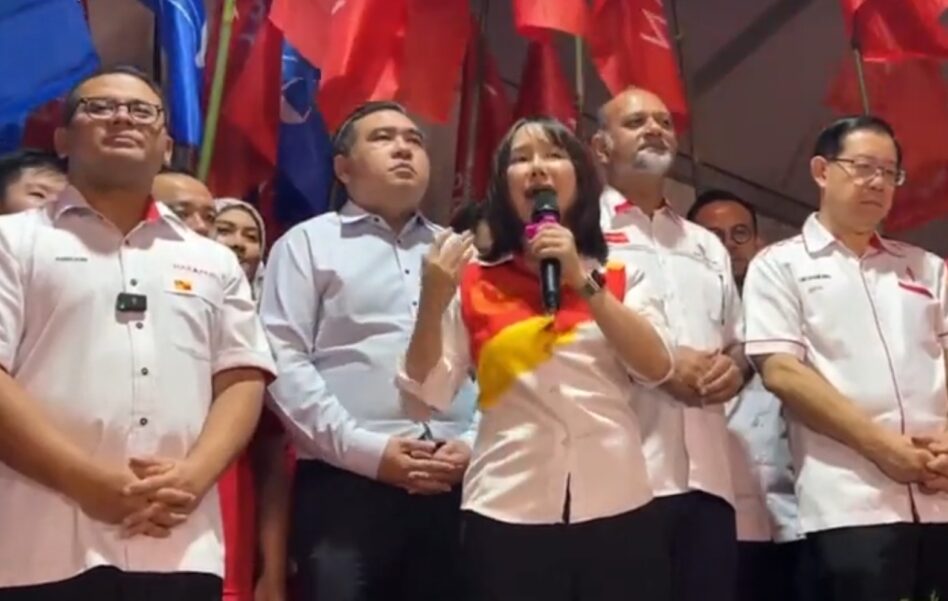IN February 2020, the Taliban (also known as the Islamic Emirate of Afghanistan) reached a peace accord with the US and began talks with the Afghan government about power-sharing. In Doha, Qatar, the agreement was signed.
The Agreement
The agreement is divided into four parts. First, guarantees and enforcement measures that will prevent any group or individual from using Afghan land against the security of the US and its allies.
Second, guarantees, enforcement mechanisms, and a schedule for the withdrawal of all foreign forces from Afghanistan must be announced.
Third, on March 10, 2020, the Taliban will begin intra-Afghan negotiations with Afghan sides following the announcement of a complete withdrawal of foreign forces and a promise that Afghan soil will not be utilized against the security of the United States and its allies.
Finally, the intra-Afghan dialogue and negotiations will include a lasting and complete ceasefire as a matter. Intra-Afghan talks will focus on the timing and modalities of a permanent and complete ceasefire, as well as cooperative implementation mechanisms, which will be announced alongside the conclusion and agreement on Afghanistan’s future political roadmap.
Besides, the Taliban’s commitments under the agreement apply in regions under their control until the formation of a new post-settlement Afghan Islamic government, as established by intra-Afghan dialogue and negotiations.

Surprisingly, when the US signed the pact, it did not recognize the Taliban as a state. So, in what capacity and with what expectations does the US anticipate the Taliban will fulfill their responsibilities under the agreement.
The Taliban’s continued lethal attack on civilians especially women and children raises the question of whether they are truly committed in accordance with this agreement to achieving their goals of a peaceful Afghanistan in the not-too-distant future.
They had no intention of forming a coalition of all stakeholders for the betterment of the Afghan people, in my opinion, and they needed time to reinforce themselves before launching the ongoing attack to build their type of governance.
According to apnews.com, Taliban spokesman Zabihullah Mujahid stated that the Taliban would respect women’s rights within Islamic law’s rules but did not elaborate. He further claimed that the Taliban have encouraged women to return to work and permitted girls to return to school by distributing Islamic headscarves at the entrance.
This farce, in my opinion, is being staged to persuade the world that they are “moderate” Taliban seeking international recognition for their legitimacy.
Despite his assurances that they sought a “peaceful transition” with amnesty for Afghans who collaborate with their “enemy,” this cannot be trusted due to their repeated inability to keep their pledges.

Taliban’s two-pronged strategy
According to reuters.com, Taliban militants opened fire during anti-Taliban protests in the Afghan city of Jalalabad on Wednesday, killing three people and injuring more than a dozen more. Civil war has already begun.
The Taliban’s two-faced strategy is so obvious. They continue to carry out lethal attacks against Afghanistan’s civil administration while negotiating with them.
Their credibility has completely vanished as a result of the atrocities they have committed against ordinary people. When engaging with the Taliban, Pakistan, China, and Russia must be cautious and not fall for their hollow promises, which they have no intention of keeping.
The country is in a state of upheaval as a result of the US’ current actions. ISIS, and Al Qaeda, are making headway in Afghanistan, allowing another civil war to erupt. As a result, the US is obligated to stabilize Afghanistan at all costs, because they cannot repeat the mistakes made in Iraq.
Afghanistan should not be used by superpowers to demonstrate their dominance, as it was during the Cold War. By pawning innocent people, especially children and women, Afghanistan should not become a future proxy fight for superpowers.
The Security Council Press Statement on Escalating Violence in Afghanistan, issued on August 3, 2021, strongly denounced the heinous attack on the United Nations (UN) facility in Herat, Afghanistan, on July 30, 2021, which killed an Afghan security forces guard and injured several others.
It also expressed great concern over the rising levels of bloodshed in Afghanistan as a result of the Taliban’s militants advance, and demanded an immediate cease-fire, which is currently fruitless.
It also denounced any acts of terrorism and premeditated targeted attacks against civilians in the harshest terms possible. Likewise, it urged both the Islamic Republic and the Taliban to participate actively in an inclusive, Afghan-led, and Afghan-owned peace process in order to make rapid progress toward a political settlement and a ceasefire. Now that the Taliban has complete control of Afghanistan, this is a far-fetched notion.
It also repeated that there is no military solution to the crisis and stated that they do not support the reinstatement of the Islamic Emirate, as stated in resolution 2513 (2020). It is now unlikely to happen because the Taliban sought to build an Islamic Emirate in order to establish their form of administration.

Conclusion
In a nutshell, the Security Council’s press statement is a step forward, but it is insufficient, and the Organisation of Islamic Cooperation’s (OIC) impasse on this issue is bitterly regretted. If required, the Security Council should issue a resolution allowing UN peacekeeping troops to stabilize Afghanistan, similar to what the UN Protection Force (UNPROFOR) did in Bosnia.
Meanwhile, the OIC must persuade the Taliban to stop killing civilians, particularly women and children. The people of Afghanistan cannot afford another civil war since they have already suffered enough. The international community must now step in to help the Afghan people.
On Monday, UN Secretary-General António Guterres called on the international community to speak out in support of human rights, expressing particular worry over rising violence against women and girls. He emphasized the importance of safeguarding Afghan women’s and girls’ hard-won rights.
He also urged the Security Council and the international community as a whole to unite, work together, and act together, using all available means to combat the global terrorist threat in Afghanistan and ensure that basic human rights are maintained.
According to news.un.org, the Security Council should take appropriate action under Chapter VII of the (UN) Charter to protect the people of Afghanistan’s human rights and humanitarian needs, particularly those of the most vulnerable, and to address the role of Member States in preventing acts of terrorism under international law.
Even though international organizations and other countries have called for a peaceful solution in Afghanistan that protects the vulnerable, this will not be achieved unless the appropriate measures, such as economic sanctions and other mechanisms, are imposed to compel them to respect and follow international norms. This, in my opinion, is unlikely to happen while the Taliban are still in power. – Aug 20, 2021
R Paneir Selvam is a senior lecturer at the Faculty of Business, Economic and Accounting/Institute of Crime and Criminology, HELP University.
The views expressed are solely of the author and do not necessarily reflect those of Focus Malaysia.










